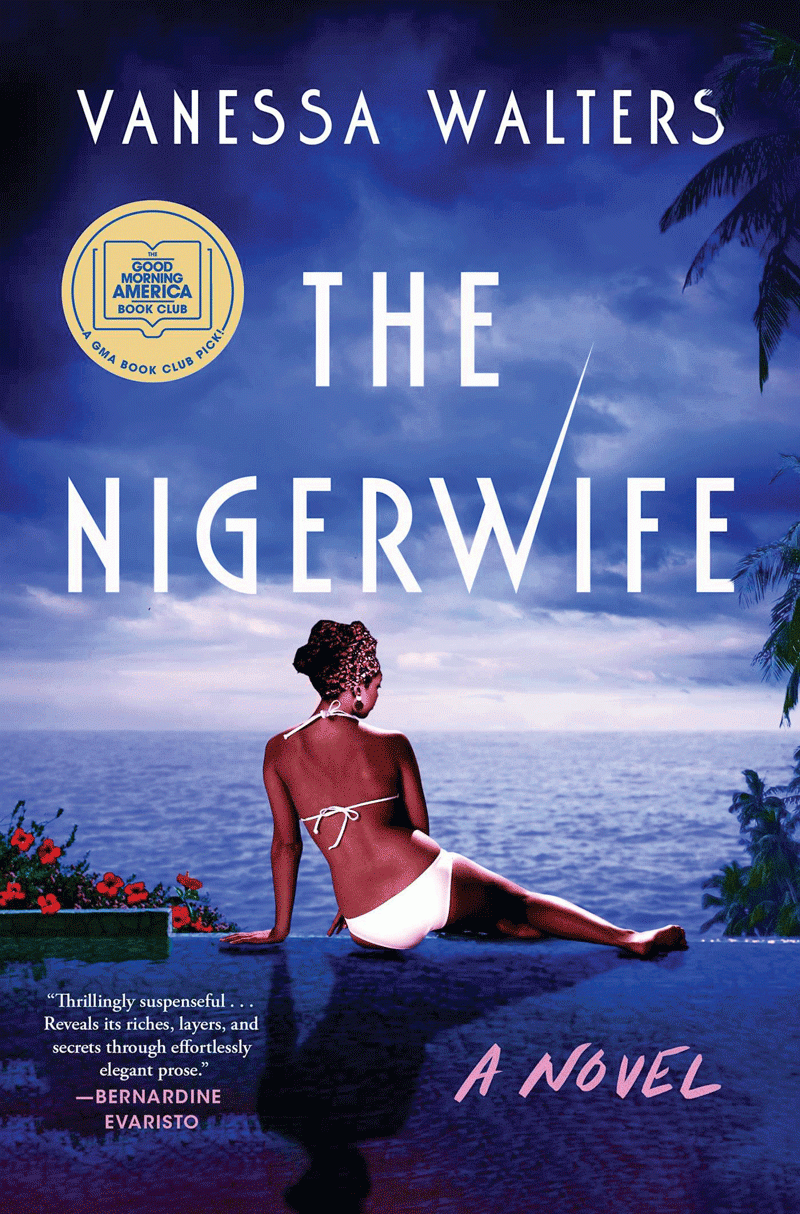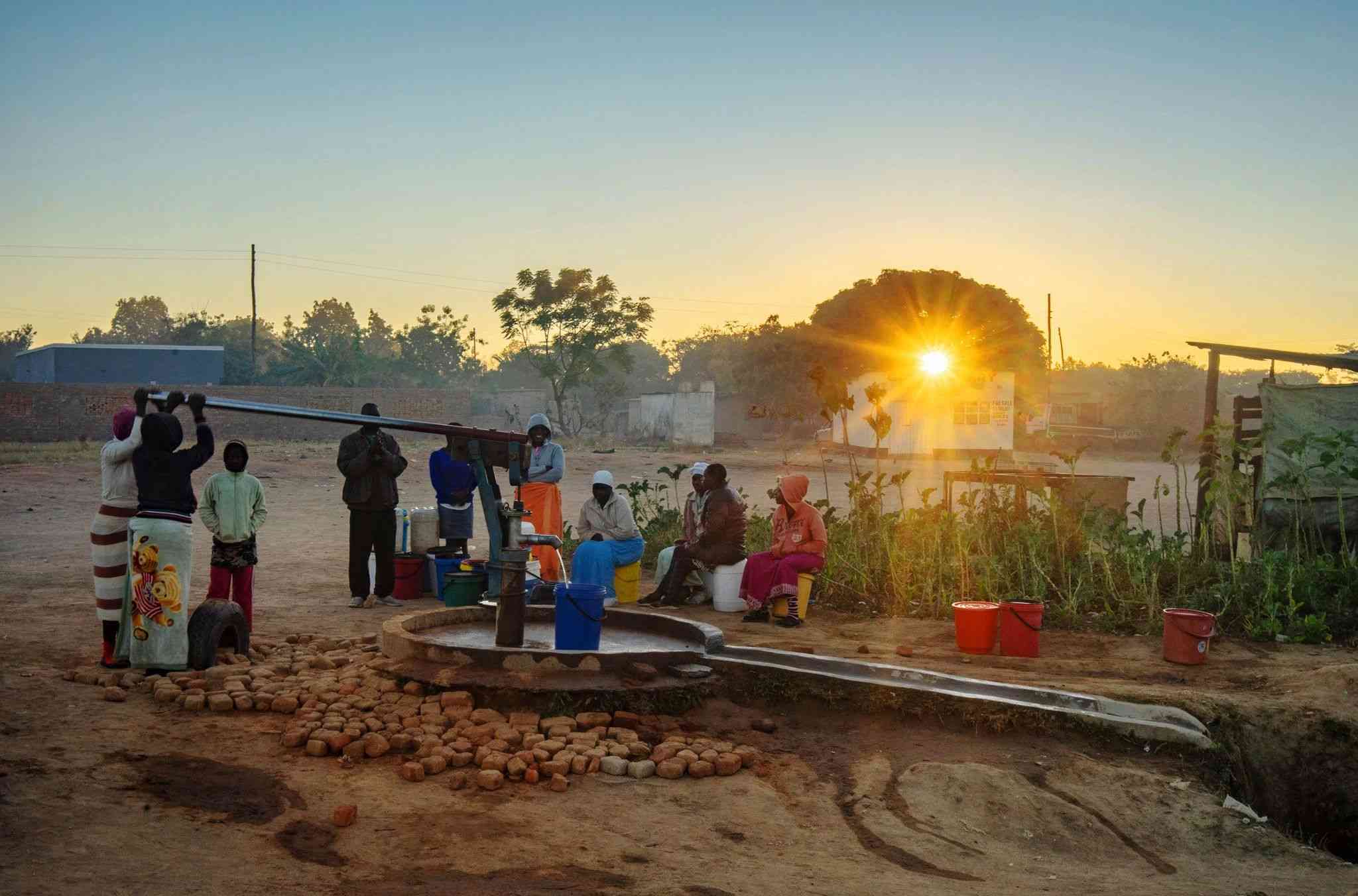
What if I told you that I came across a novel set in Africa that can best be described as the African book version of Desperate Housewives?
For those who remember the scandalous and salacious lives of the women on Wisteria Lane, you will remember how the housewives were able to keep you interested in the messy lives they led.
Now imagine a similar circumstance but now set in the backdrop of metropolitan Lagos with a woman who could not be more than out of place in the African set up.
Meet Nicole Oruwari a woman who lives in the lap of luxury. She is a British native who left her life and family in the UK to be with her Nigerian husband Tonye, in Lagos.
To the outside eye, Nicole lives a charmed life, she lives in a large compound and tended to by many servants. She is married to a rich husband and she has two beautiful children.
She is even a member of the Nigerwives; an elite group of foreign nationals who married wealthy Nigerian men. What more could a woman want? In Nicole’s case, there was something that she was missing.
Then tragedy strikes, while on a boat trip, Nicole disappears mysteriously with no trace.
Enter Claudine, Nicole’s estranged aunt who raised her from childhood. Claudine has touched down in Lagos to conduct her own investigation and hopefully find her missing niece.
- Open letter to President Mnangagwa
- Feature: ‘It’s worse right now than under Mugabe’: Sikhala pays the price of opposition in solitary cell
- Masvingo turns down fire tender deal
- Human-wildlife conflict drive African wild dogs to extinction
Keep Reading
Throughout her investigation, she is confronted with disturbing truths and revelations. She meets the people who surrounded Nicole including her in-laws, friends and enemies. An interesting chain of events unfold.
During the course of her investigation Claudine uncovers the shadowed secrets that existed in Nicole’s life coming across characters such as Yohanne, Kemi (unclear whether she is a friend or foe) and Bilal, the driver who knows more than he is saying.
The book is similar to the mystery genre in that it always feels like everyone is hiding something. “Everyone is hiding behind a façade that matters more than the truth. We play our roles too well,” the book reads. Walters begins her story with the premise of missing person then she begins to peel back all of the events that led up to Nicole’s disappearance.
The book is told from two points of view (Claudine and Nicole) which gives readers a larger view of Nicole’s point of view and gives readers a view of the elite lives of Nigerians who own expensive compounds, beach houses and large bank accounts.
Though she is black, she struggles with the traditions of her in-laws.
This gave Walters a great opportunity to interrogate the issue of the African diaspora and their relationship with the continent.
By placing Nicole in an unfamiliar environment, Walters is able to question a great deal of notions. Claudine journeys across Lagos without knowing who is friend or foe. From Claudine’s point of view, we learn of the power of secrets and how shattering they can be.
Throughout her investigation Claudine’s messy past and secrets surface as the narrative moves. The issue of generational trauma and unresolved traumas are interrogated throughout the novel.
Nicole comes off as an unsympathetic character who seems unable to determine her own future. Similar to Claudine, Nicole loses allies as her narrative unfolds and finds it difficult to truly confine in anyone, even the ones she trusts the most harm her in one way or another.
I found Claudine to be a more fleshed out and round character as opposed to Nicole. Claudine shows her ability to stand up and make decisions as opposed to Nicole. Walter’s prose is easy to read and gives the feeling of a “slow burn” when reading the book; she is in no hurry to unravel the many secrets that the book carries. The book successfully keeps the grip of the reader as well though it makes use of two points of view, the reader never feels lost in the prose.
Walters raised questions on the legacy of slavery and its effects on people today. During the course of the novel, her characters visit a museum that has exhibits on the legacy of slavery.
The scene in which Claudine visits such a place and is faced with a paralysing twist in her investigation is perhaps one of the most foreboding scenes in the novel. Walters also interrogates the relationship of the African diaspora and their connection in Africa.
Throughout the novel, we come across a number of other Nigerian returnees who are in constant question of their decision to return to their home.
In conclusion, Walters reaffirms the overused phrase “money does not buy happiness”. Though blessed with riches and comfort, these could not shield Nicole from the curse of simply existing on earth. The book is a blend of family drama, suspense and thriller with elements of romance.
Fans of contemporary African books and suspense will find pleasure as they tuck in The Nigerwife. The book is an easy read thanks to Walter’s easy prose, it makes for a great read on a Sunday afternoon.
About the reviewer
Kudzai Mhangwa is a poet, author and humanitarian. His body of work includes poetry, plays, short stories, essays and children's literature. He is the recipient of the 2021 Intwasa Short Story Prize and was shortlisted for the fifth Warian Kuri Prize for Children's Literature. In 2023 he was nominated for the Nama for Best Fiction for his contribution to the short story collection Intwasa Short Stories: Volume Two. In 2023 his first solo publication, Moments in the Private Room was released under Carnelian Hearts Publishing.
About the author
Vanessa Walters is an English novelist and playwright. She is also a commentator and critic. She is best known as the teenage novelist discovered to be writing a novel as a hobby to share with her school friends at Queen's College, London.







